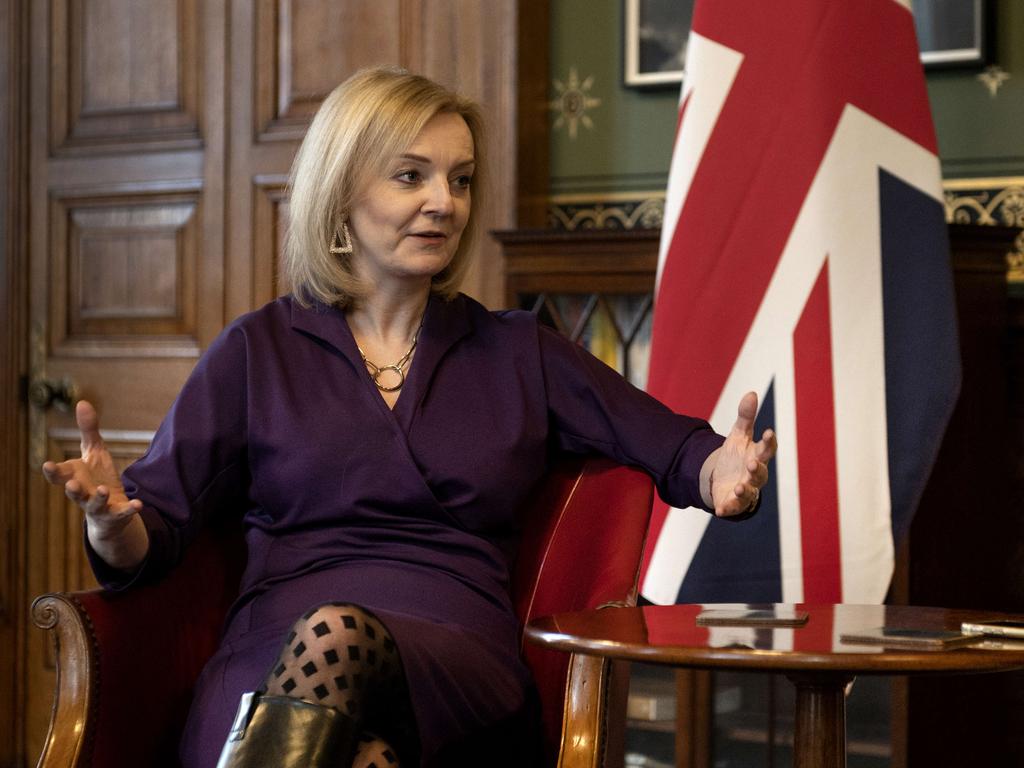Treasury Wine Estates lobbies UK on new wine tax regime
Treasury Wine Estates is lobbying for the British government to reconsider a new tax regime for wine imports that threatens to wipe out any benefit from a free trade agreement.

Treasury Wine Estates, the largest producer of Australian wine bound for the British market, has begun lobbying for the British government to reconsider a new tax regime for wine imports – one the company says will wipe out any benefit from the free trade agreement.
In a submission to British Treasury officials, TWE chief executive Tim Ford writes that the company supports the objectives of the new tax system – an attempt to simplify complicated alcohol duties – but says the result will largely penalise Australia for its climate, soil and grape varieties.
Mr Ford also warns that the current proposal is not workable in practice because the alcohol content in Australian wines can shift several times a year, making measurement and labelling difficult.
Australian winemakers are warning that the overhaul of alcohol duties, increasing the tax paid on drinks with an alcohol content higher than 11.5 per cent, will make their products more expensive and drive away British consumers. Britain is the largest export destination for Australian wines.
The submission notes that 62 per cent of TWE’s sales by volume have an alcohol content of between 12 and 15 per cent. European wines have a far lower alcohol level. TWE, whose global brands include Penfolds, Wolf Blass and Lindeman’s, says that the new regime is unfair.
The submission states: “Environmental conditions largely determine alcohol content in wine and are not readily modified after grapes are harvested. Hence, unlike some other beverage types that can innovate towards lower alcohol content, an increased duty burden placed on higher alcohol still wines (is) inherently a tax unavoidably borne by Australian producers.”
“Under the current proposal … the average price of Australian wine imports to the UK will rise, and to such an extent that the forecast price drop for Australian wine resulting from A-UKFTA will be completely reversed,” it reads. “A standard bottle of almost any Australian wine would be more expensive in the UK, not cheaper, as had been hoped by TWE when A-UKFTA was first proposed.

“TWE believes that further work needs to be done to modify the proposed new duty tax system to ensure that non-tariff, ‘behind the border’ measures do not distort the impact from the reduction in tariffs and retail prices that would result from A-UKFTA’s introduction.”
TWE has engaged CT Group, previously Crosby Textor, for advice during the consultation process, as it considers how to lobby British parliamentarians. CT has extensive links with both the Morrison government and Boris Johnson’s administration in London.
Under the British proposal, the tax impost would increase with every 0.5 per cent increase in the alcohol by volume. In its submission, TWE argues that this should be increased to every 1 per cent – meaning wine producers would pay on average 10p per bottle less for every band increase.
TWE has also asked for labelling to allow for a wider variance from the alcohol content in the bottle – permitting up to 1 per cent rather than the proposed 0.5 per cent. By increasing the margin for error in labelling, producers could more easily fall into a lower taxing band.
The TWE submission points out that the proposed 0.5 per cent band is in keeping with strict European Union standards, which it says is out of step with the rest of the wine-producing world.
A labelling tolerance of 0.8 per cent was agreed to under the Australia-UK free trade agreement. This is already lower than the amount permitted in the Australian market: 1.5 per cent.
The submission states: “That the UK would want to simply maintain an approach more akin to the EU’s wine regulations, and for no perceivable benefit, seems antithetical to the stated objective of the current duty reforms.”
Australia is the clear market leader for British wine imports, with a 23 per cent share in the year to September 2021. Italy follows with a 13 per cent share.
Because much of the Aussie wine exported is in bulk and later bottled in Britain, TWE argues that by making life harder for Australian producers, Britain could be hurting its own manufacturing industry.
This is point not lost on the British Wine and Spirit Trade Association.
In its January submission to a British committee inquiry it noted: “Australian wine is the number one ‘country of origin wine’ on the UK market by volume, supporting an extensive range of jobs throughout Britain, from bottling and logistics to marketing and retail. It is a vital import to the UK economy and worth £1.5bn in UK sales.”






To join the conversation, please log in. Don't have an account? Register
Join the conversation, you are commenting as Logout